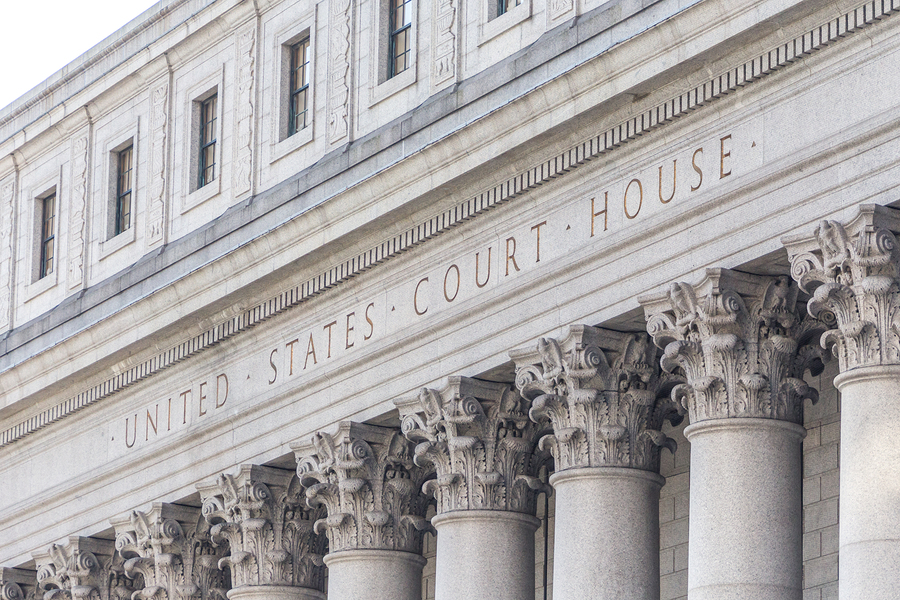There are two main levels of judicial court in the United States: Federal and State. Although the two courts are much different from one another, there are several key similarities too. If you are currently facing criminal charges, you need to know what state and federal court does, and how it might impact your case. Below, you will learn some fundamental information about state and federal offenses, including how to avoid the maximum penalties for your misdemeanor or felony charges.

How Does Federal Court Differ From State Court?
State courts are established by the state, and may include local courts as well. Local courts are usually established by individual cities, counties, townships, or other types of common municipalities. They adjudicate cases that involve crimes that break laws set and enforced by the state (also known as state laws). In contrast, federal courts are established under the United States Constitution, and adjudicate cases that involve crimes that break laws passed by Congress.
What are Federal and State Crimes?
Federal crimes are more serious than state crimes, and generally come with heftier fines and penalties, including jail time. In fact, a felony crime is one that is punishable by up to one year in a federal prison. Felonies are divided into 7 categories in Indiana: Level 1, Level 2, Level 3, Level 4, Level 5, Level 6, and Murder. Each level of felony is assigned a separate statute regarding penalization.
State crimes are those that break laws set by and enforced by the state. They are referred to as “misdemeanors”, which are lesser offenses compared to felonies, but still serious crimes that come with harsh penalties and life-long consequences. Misdemeanors are divided into three “classes”, from most serious to least serious: Class A Misdemeanors, Class B Misdemeanors, and Class C Misdemeanors.
What are Some Common Types of Federal Offenses?
Federal offenses are very serious. Some common examples include arson, bank fraud, healthcare fraud, mail fraud, car theft, identify theft, carjacking, kidnapping, civil rights offenses, drug trafficking, drug dealing, armed robbery, firearms offenses, assault and battery, sexual assault, child molestation, hate crimes, homicide, and murder.
Should I Hire an Attorney to Represent My Criminal Case?
The best step you can take toward securing your rights and protecting your freedoms when charged with a crime is to hire a licensed criminal defense lawyer to represent your case, whether you are facing a felony or misdemeanor conviction. Without the representation of a skilled criminal attorney, you greatly risk being sentenced to the maximum levels of punishment for your crime. That includes doing time in jail, which can greatly affect your employment, schooling, childcare, and more.
Where to Get Trusted Criminal Defense in Indiana
Call the Law Office of David E. Lewis at 317-636-7514 to learn how you can beat your Indiana criminal charges with aggressive defense. Attorney David E. Lewis is your solution to reducing your sentence, and protecting your freedom. If you want to avoid the maximum penalties for your criminal charges, it is important to let our skilled legal teams build an impactful defense that will sway the decision of the courts. Our Indianapolis criminal defense law firm offers free initial consultations, so you do not have to pay anything to simply talk to a lawyer and get advice on how to approach your charges. Call 317-636-7514 to schedule your online, over-the-phone, or in-office appointment, today.

